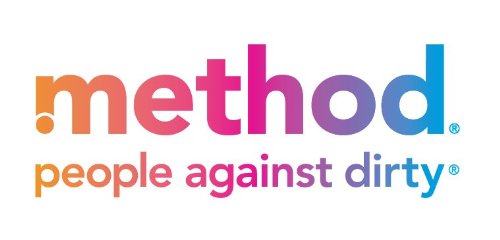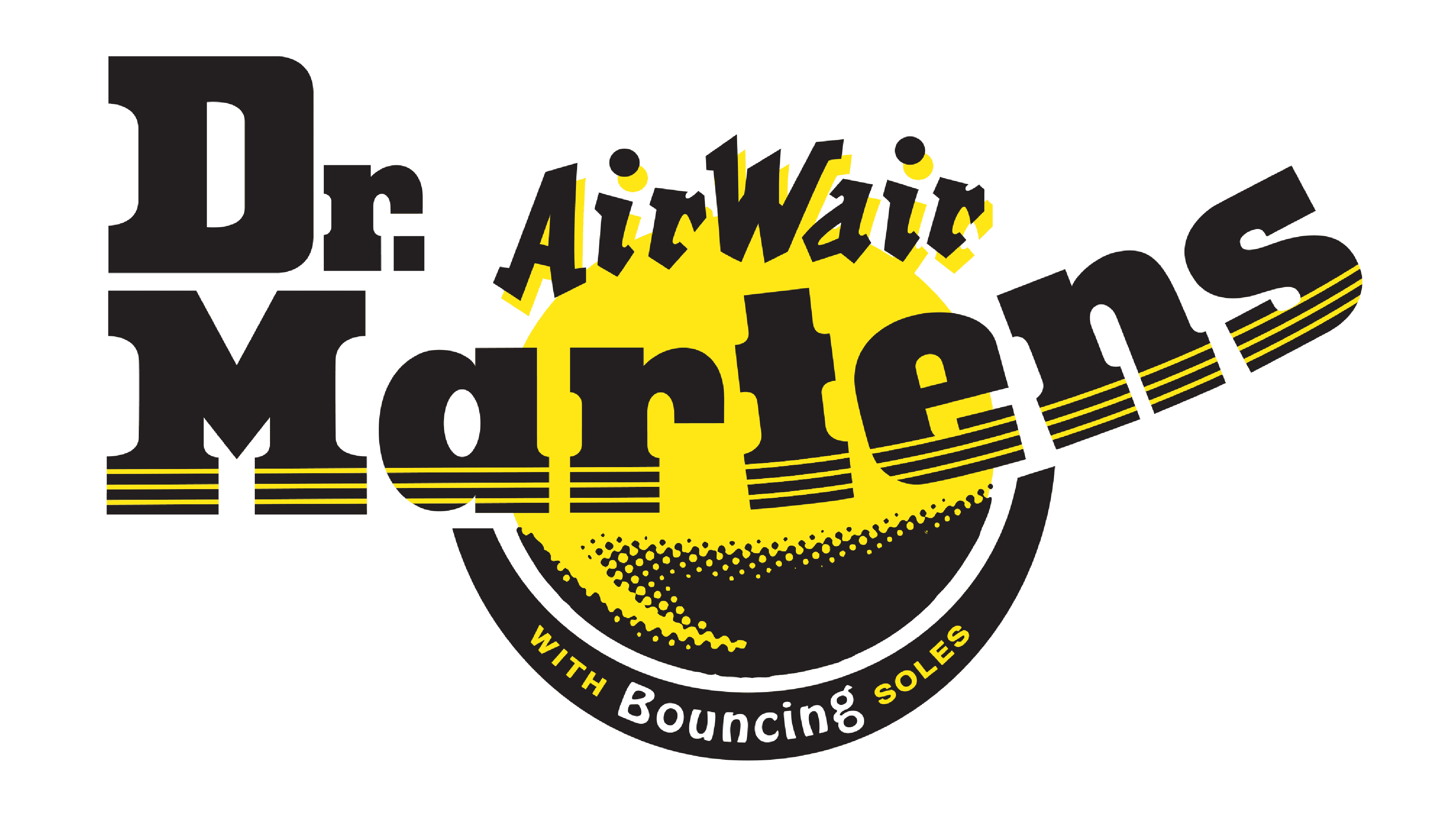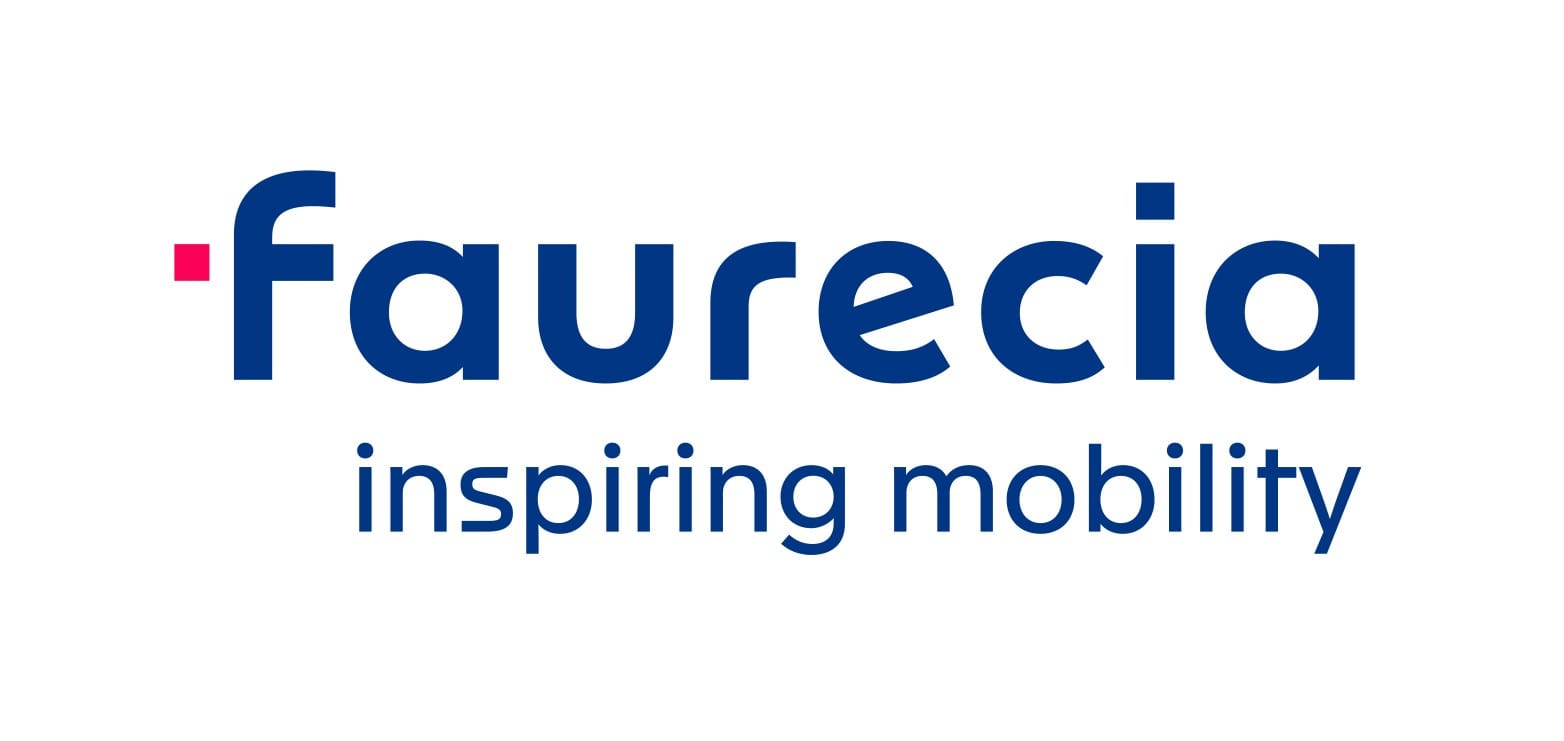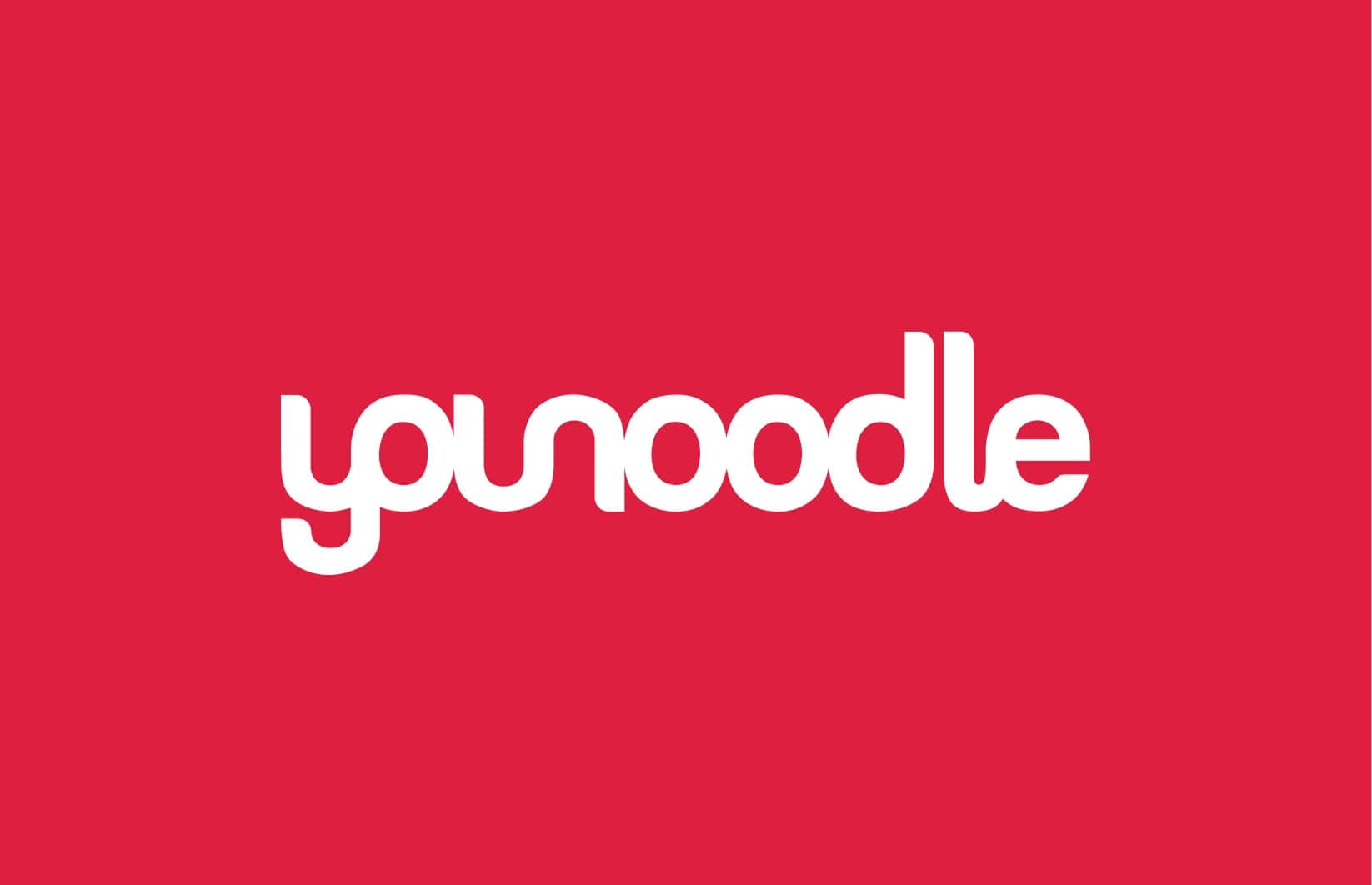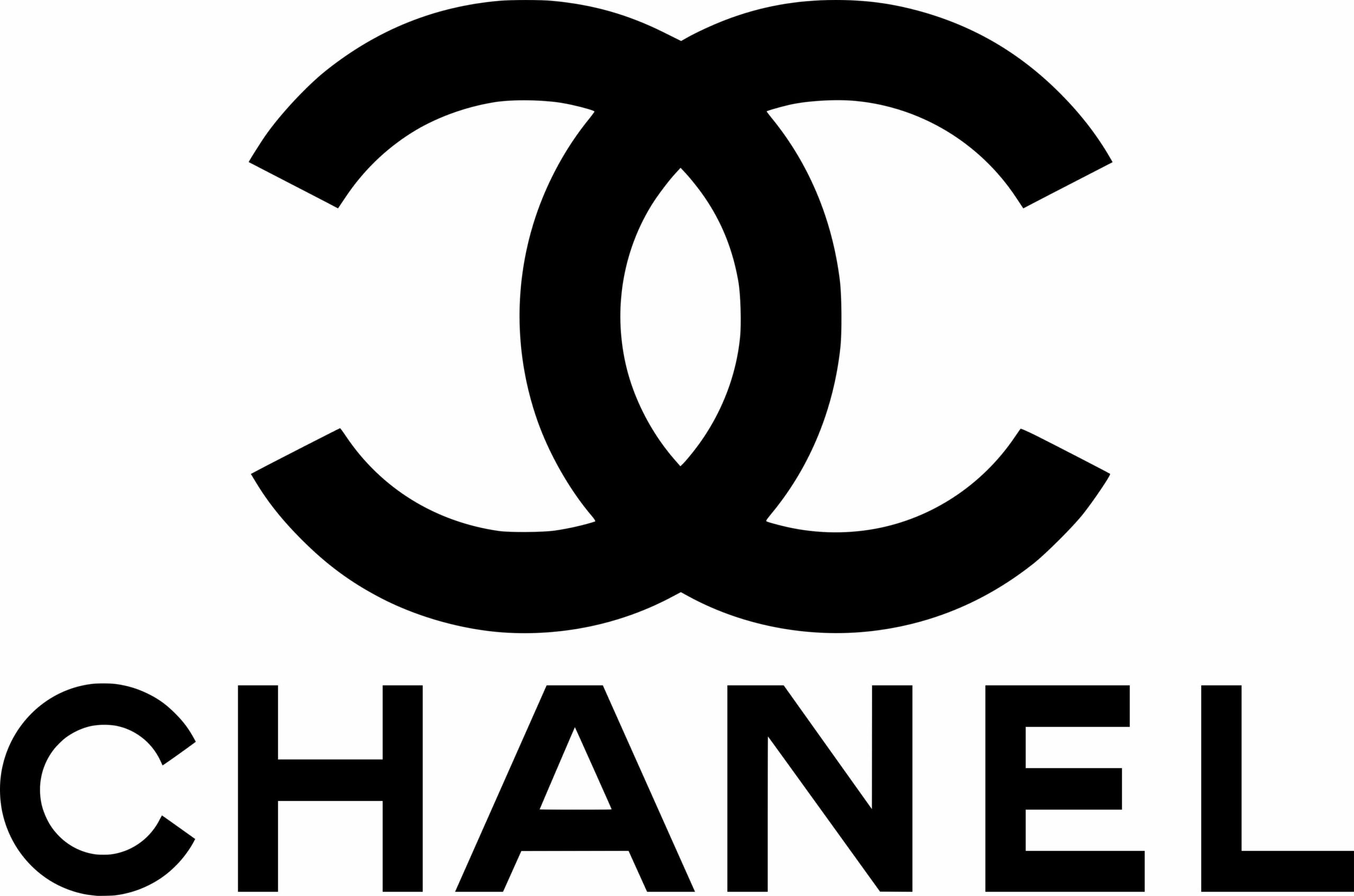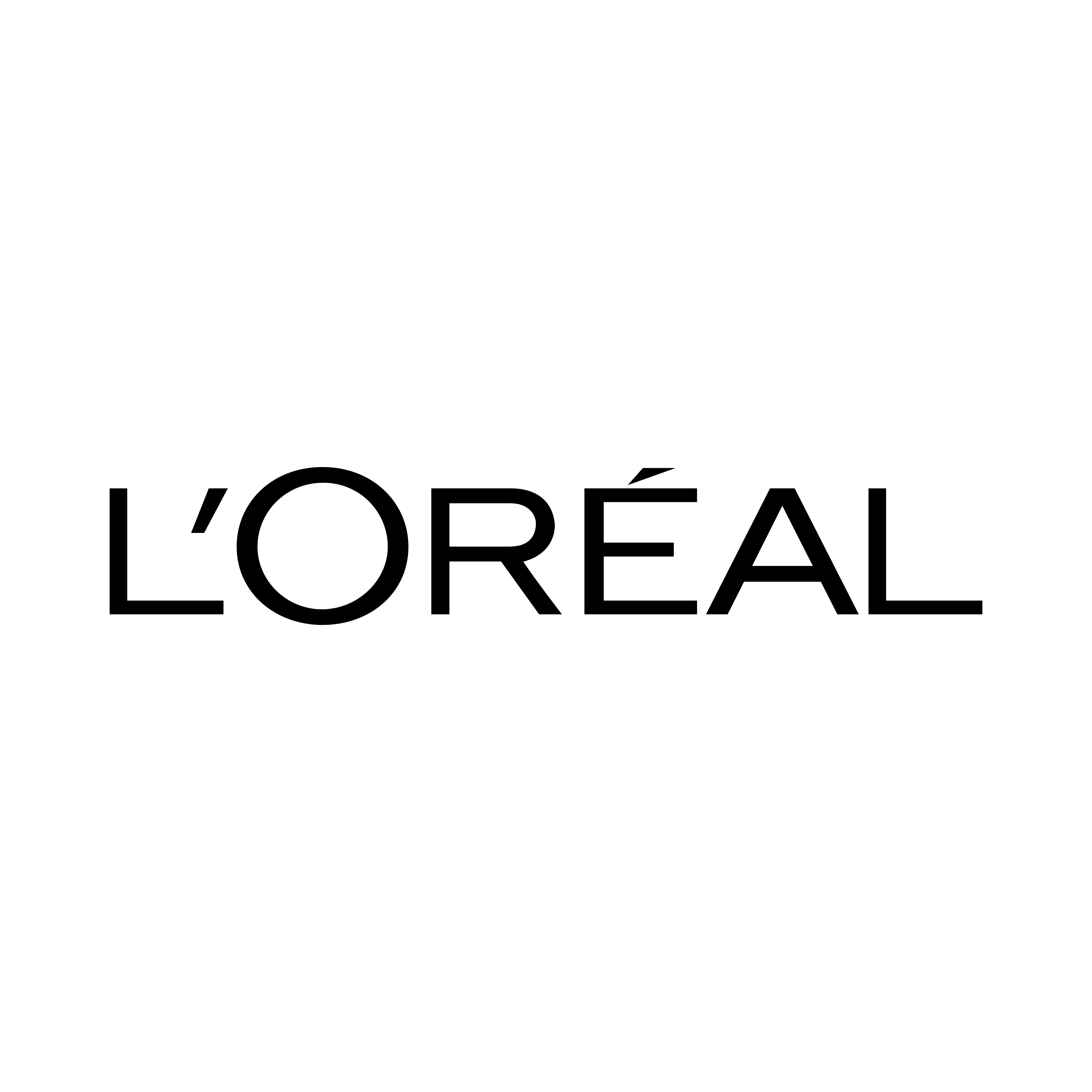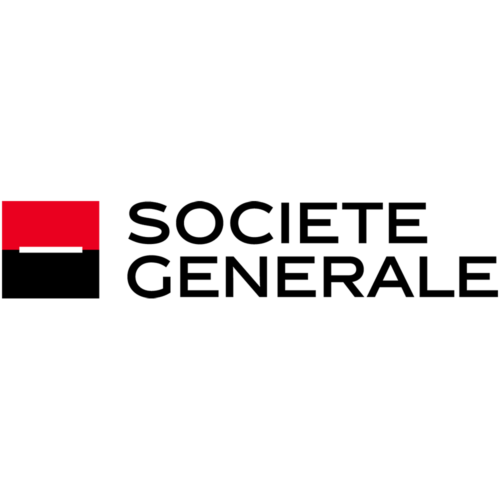Finding a circular model for packaging
Each year, 90 million tons of plastic packaging is produced worldwide, and a whopping 80% of it ends up in our landfills and environment. An alternative to fossil fuel based plastic is bioplastic, one of the most recent innovations in the field. While bioplastics are incredibly promising and seem to be a clear alternative for traditional plastics, why haven’t they been largely adopted? The underlying problem is the cost of bioplastic: the current generation of bioplastics is not economically competitive with their petroleum counterparts. That’s where circular economies come in and find itself cheaper and cleaner than bioplastic.
Method, a company that manufactures a wide range of sustainable cleaning products, and Whole Foods, the multinational supermarket chain now acquired by Amazon, paired together to find a circular model for Method’s packaging.
In the USA, supermarkets are responsible for 10% of all U.S. food waste. That being said, they do have a special opportunity to reduce the overall waste generated annually by participating in circular economies. As long-term partners, Method and Whole Foods have been eager to innovate sustainable production-methods together. They were the perfect candidates to join the Deplastify The Planet program.
From studies to startup founding
Throughout the Spring semester, a team of students was tasked with a unique problem – converting the waste generated at Whole Foods into inputs for Method’s products. Little did they know that their brilliant solution would set them up on the path to becoming startup founders!
The three students had almost nothing in common except for their shared passion to preserve our environment. Putting their diverse backgrounds to use, the student team researched and drew on their knowledge to build tangible solutions to replace plastics.
Design Thinking
The students followed the Design Thinking methodology to answer the challenge. Design Thinking is an open innovation framework consisting of User & Market Research and Prototype development where we constantly look at how we can answer a problem from the user’s perspective.
By bringing Berkeley students into the mix, WholeFoods’ and Method gained a fresh perspective while giving students an opportunity to gain valuable experience working for top-tier companies on issues that truly matter. This partnership allows for a retailer store and a detergent manufacturer to bridge their products and find breakthrough sustainable solutions to their challenges. Joining forces through open innovation allowed them to create real and lasting change — the type that we need more of in the coming years.
The Results
As they continued digging around for solutions, Joey, Jenny, and Shuge stumbled upon PHA: a bioplastic that is made from organic feedstock and is compostable. They immediately saw an opportunity to transform the organic waste produced by Whole Foods, specifically the cardboard and food waste, into compostable packaging. The new material could then be used by Method for packaging its products.
Team Upcycle developed a unique product: a fully compostable bottle, lined with PHA bioplastic made by fermenting food waste from a grocery store. With its sleek, sustainable design, this bottle is not only eco-friendly but also decreases the cost of sustainable materials.
The high costs of producing bioplastic used to be a barrier for companies, but Team Upcycle’s innovative circular economy model helped them overcome this obstacle with their product. Using food waste as feedstock helped reduce production costs by approximately 45%, a drastic change. Moreover, offsetting packaging material with recycled cardboard and using PHA for coating purposes helps cut material costs further. Through this model, Team Upcycle was able to ensure that the materials used would decrease the contribution to our planet’s landfills while bringing price-competitive, compostable packaging to the market.
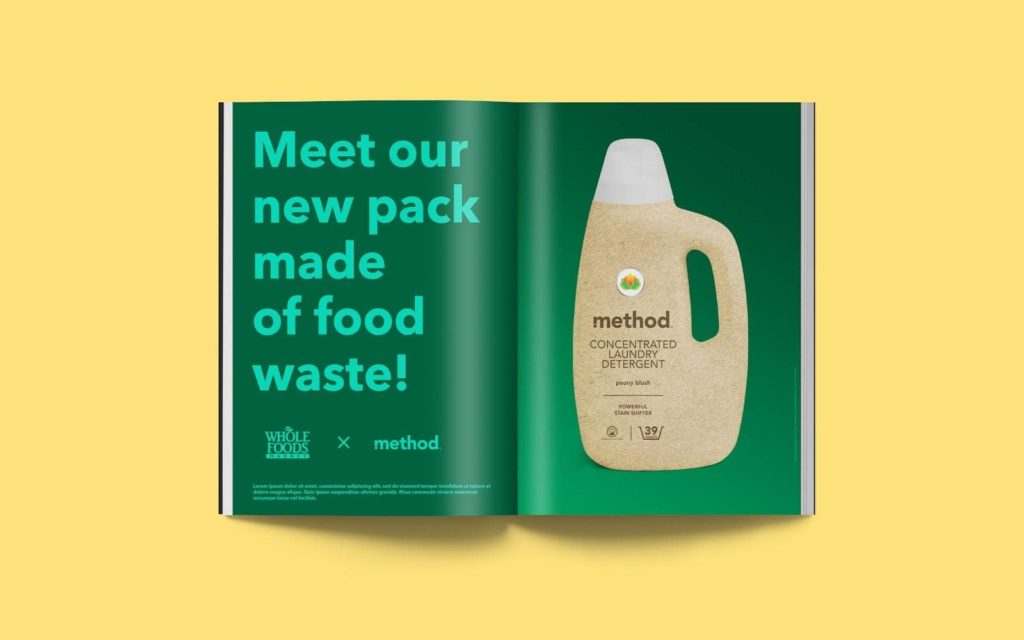
The New Method Packaging
Joey, Jenny, and Shuge spent four months working on Team Upcycle and built a tangible solution for a worldwide problem. They incorporated the various things they learned from Deplastifying the Planet – bioplastics, circular economy model, and the technique to replace plastics – and brought it all together for their project with Method and Whole Foods. Over 53 stakeholder interviews, 3 product designs, 53 prototype respondents, and 4 supply chain iterations, Team Upcycle built a generalizable solution to replace the 90 million tons of plastic used for packaging each year. Their next goal is to expand all across the United States and the European Union, targeting a staggering $3.1 billion market, as they continue to make affordable, fully compostable packaging widely available for everyone.
Their product pitch video was awarded 3rd place at the 2020 Collider Cup:
Today
After releasing promising results to Method and Whole Foods, the three students decided to carry on with the project, launching a startup to deep dive into this new packaging and launch the first example of compostable detergent packaging with the support of their project partners.
In the meantime, Method internalized the research and combined the students’ work with their R&D to push the product closer to getting on the market.
Even though some important roadblocks remain related to the scaling of the project, you should be able to see some interesting detergent packaging on the shelves of your Whole Foods very soon!

